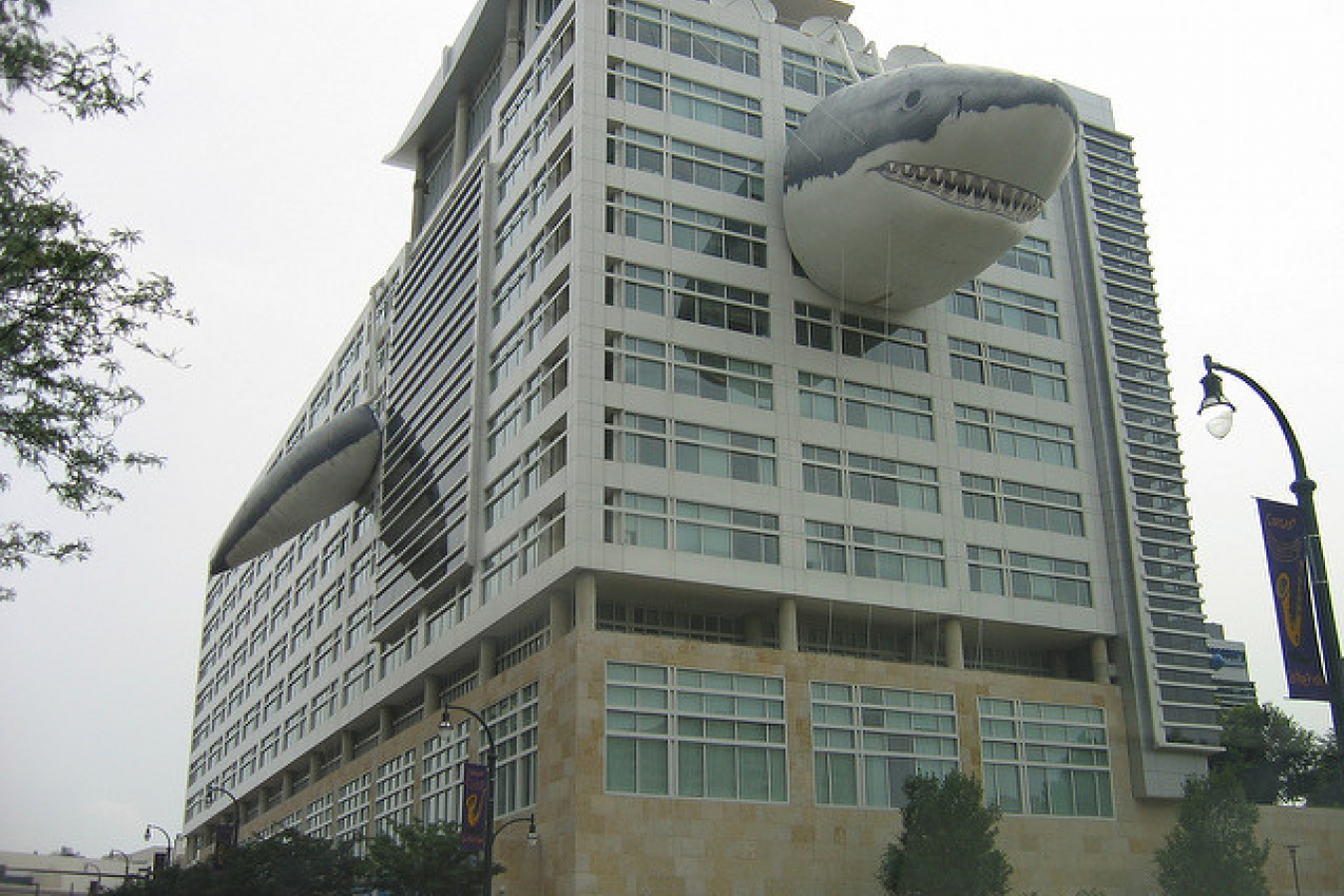Support migrant centric journalism today and donate

A wide variety of businesses in the United States employs illegal immigrants. A large black economy has been developed over the years, one which exploits the illegal workers directly through low benefits and low pay, but legal workers also by artificially suppressing wages.
Fully legal businesses also find it hard to compete in an "open" market, sometimes going out of business because they can't offer goods and services at the same prices as their illegal competitors. The cost of work permits and establishing legal residency is a high barrier for businesses and for the immigrants trying to earn good wages.
As the immigration reform debate continues in the U.S., people are focusing on all aspects of the problem. Now, after decades of ignoring the businesses, the government is pursuing employers. Charges range from tax evasion to money laundering and dozens of violations of labour and immigration statutes. One business employing one or two illegal workers can face 40 or more charges and fines beginning in the $10,000 USD range for a single misdemeanour violation.
Forfeiture of the company's holdings are also possible and can easily range into the millions of dollars. Jail time is possible, in addition. 5 years per violation can lead to sentences of 20 or 30 years, depending on the judgement. Even when avoiding jail, employers convicted of any of several of these activities face the loss of their ability to obtain required business licenses to continue business or start a new one.
Many businesses are shocked to find out how severe the penalties are. Some owners complain that the recent laws being passed are unfair and unbalanced, but many of the laws being applied have been on the books for years, sometimes decades. Enforcement has been such a low priority up until now that most people, even the police and the FBI sometimes, are surprised at how many laws have been made to punish illegal employers.
The severity of the punishments usually aren't serious for single violations. A $1000 or $2000 fine for one mistakenly employed illegal worker is considered the normal cost of doing business. The problem comes in when an employer has ten or twenty or 100 illegal workers, and there is evidence that they engaged in such activity knowingly. Some employers have thousands.
This last scenario turns out to be common, largely because there has been such lax enforcement until now. Employers stopped thinking about their activity as being illegal, and so engaged in it more and more, and more openly.
It is difficult to credibly defend against the charges in court when tax records are submitted as evidence. Many payroll sections have detailed accounting of money spent on wages, but there are no records of taxes being paid.
In addition to the enforcement of existing laws, new laws are being added. For the first time, states and federal authorities are considering and passing legislation that requires employers to have records verifying that employees have fully legal status. Up until now it has been an 'honour' system, where any employee can submit a false ID number, or that of someone else, and the employer can turn a blind eye, even when the documents are blatantly false.
Not so anymore. Employers are now being required to report suspicious documents and, if their employees turn out to be illegal, the employers can be held accountable for collusion in illegal activity if they cannot provide reasonable evidence that they were credibly deceived by the employee.
The good news for immigrants is that the system is finally being fixed in some parts. People who invest their time and money in legal immigration and residency will compete less and less with people who are illegal.
The bad news for illegal employers and illegal immigrants is that enforcement is only just beginning. Now that the federal government is being pushed for reform, the process is getting increased funding, partially due to fears of terrorism and closing down security problems. Politicians are scrambling to make points in an election year and are calling for even stronger enforcement immediately.
In 2002 there were 25 criminal cases brought to court against employers of illegal aliens. So far this year there have been approximately 450, with 2,700 illegal immigrants summarily deported and denied re-entry, usually for periods of ten years at the minimum.
Related:• Bush administration announces end of 'catch-and-release' for illegals
• U.S. immigration debate expands to both coasts
• US state by state immigration rules
• Shortfall of US National Guard at Mexican border
• US Republican party shuts down immigration reform debate
• Potential enforcement and amnesty provisions from the US immigration bills
• Illegal immigration and undocumented workers in America





















